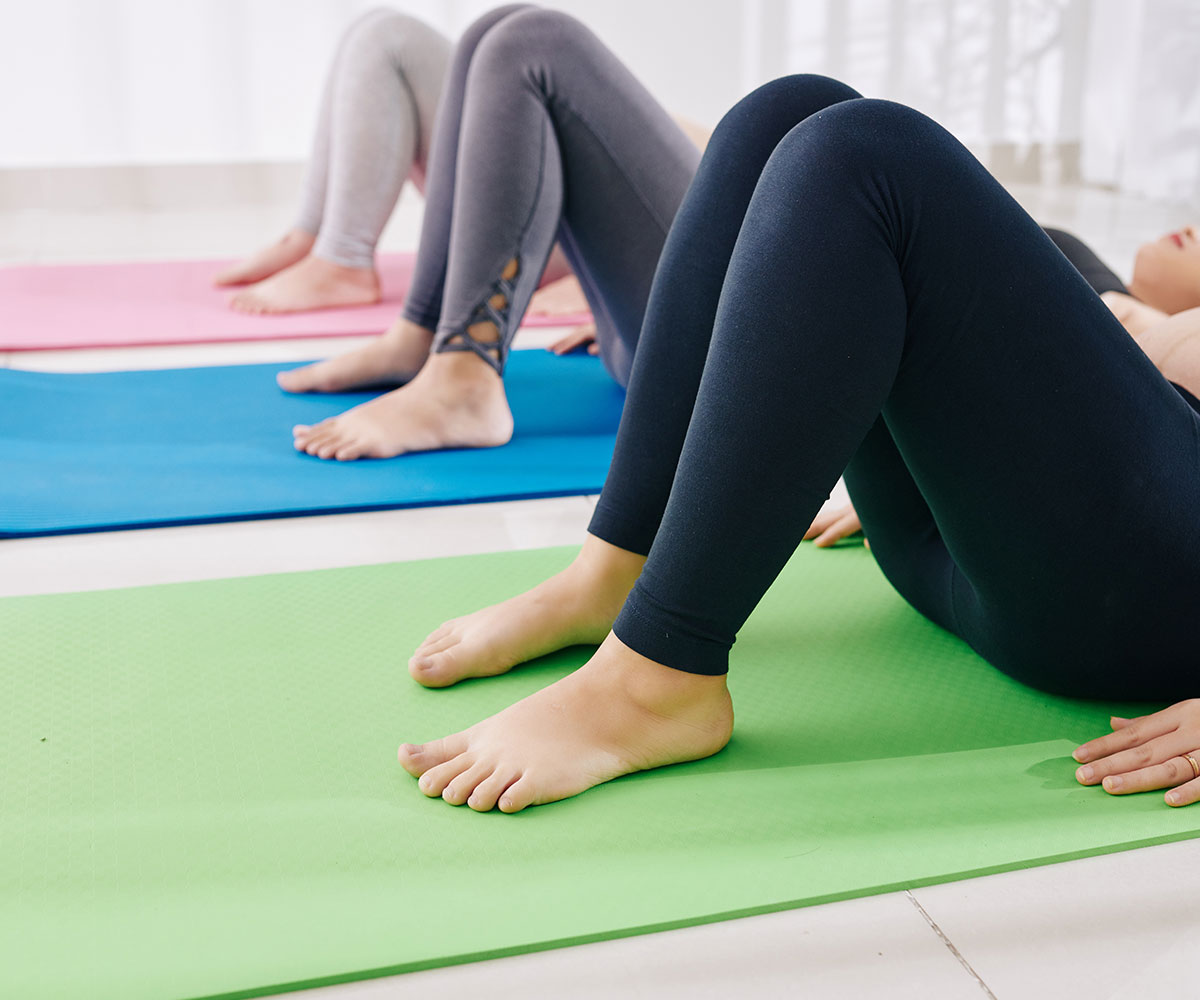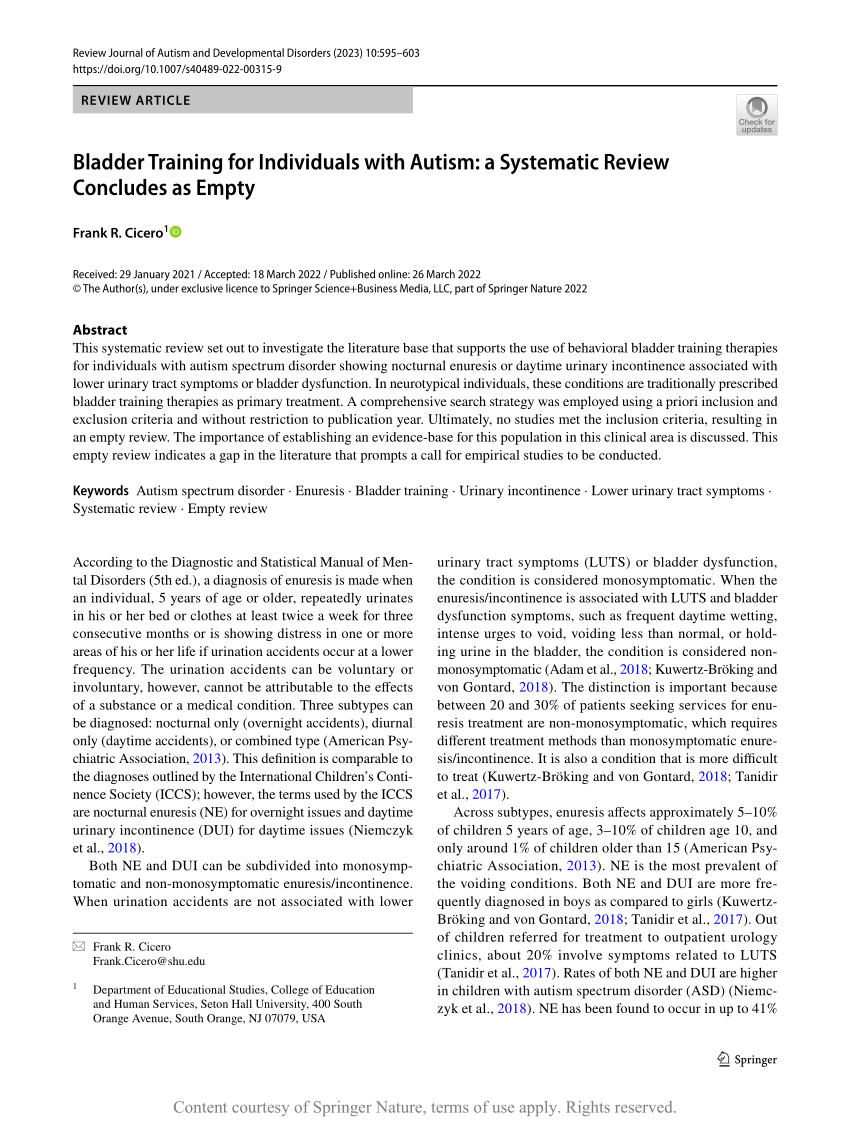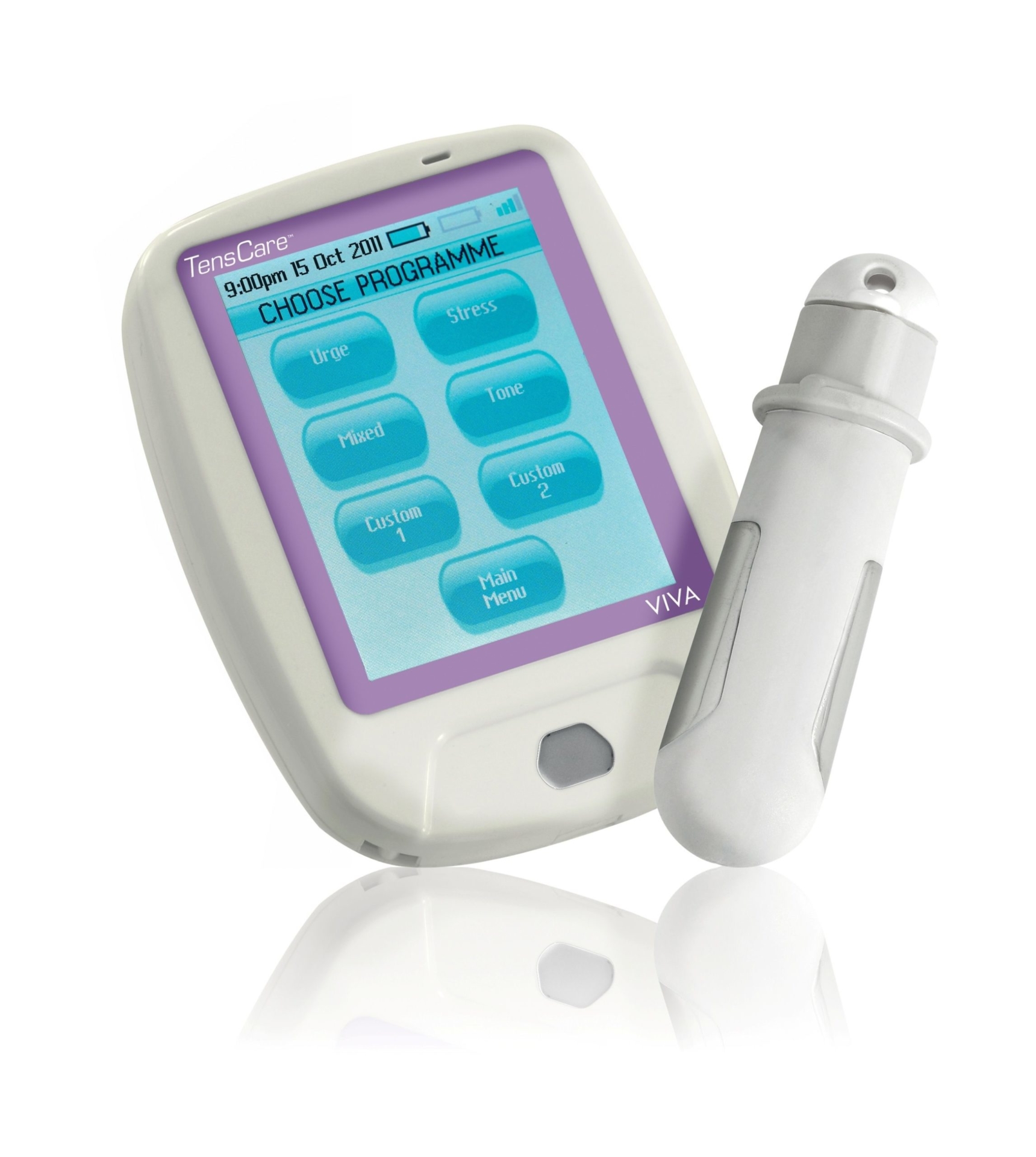
September 13, 2024
Treatments For Bladder Control Troubles Urinary Incontinence
Sleep High Quality Enhances With Help Of Incontinence Medication News Facility Stanford Medicine Some individuals with nocturnal polyuria also have reduced bladder capacity, meaning that their bladder does not have sufficient "storage space" for the quantity of urine being generated. A number of things can create low bladder capability, consisting of infections and inflammation. Conversely, there can be clearing problems due to clog. The causes of nocturia vary, and individuals may have one or a combination of the concerns. Tracking just how much you consume, in addition to exactly how typically and how much you pee, can assist you determine what's causing you to pee a lot in the evening. It can additionally be valuable to track your weight at the very same time each day, using the same scale.Exactly How Often Should You Bowel Movement In The Evening?
What can I consume alcohol to quit pee leak?
Clinical Therapies For Nocturia
- High levels of caffeine and alcohol with or after supper can likewise cause this problem.
- Among those in between ages 18 and 49, much more women experience nighttime peeing than men.
- The intrusive treatment involves dental implanting a small device that sends out controlled impulses to your bladder near your tailbone.
- There are many different aspects that your healthcare provider will certainly consider when producing a treatment prepare for your urinary incontinence.
Clinical Therapies
If you require to get up to pee greater than one time throughout the evening, you may have an overactive bladder at night. This condition is called nocturia, and it's not the same as overactive bladder (OAB). It's possible to have nocturia in addition to OAB, or to have this condition on its own also when daytime peeing is regular. The advancement of nighttime urination in a person with OSA Find more information may vary depending upon their sex. 

Social Links